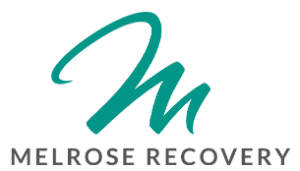Rehab For Women In California
Comprehensive Rehab for Women in California
Women face unique challenges when it comes to addiction and substance abuse. While many rehab programs are available, it is essential to consider gender-specific treatment options that can address the specific needs and issues that women often face.
According to the National Institute on Drug Abuse (NIDA), in 2022, approximately 12.1 million women aged 12 and older (8.4%) in the United States had a past-year substance use disorder. This statistic highlights the need for effective, comprehensive addiction treatment. Explore the various aspects of rehab for women, including the need for gender-specific treatment, the types of programs available, the rehab process, and the benefits of women-only rehab programs.

Understanding the Need for Gender-Specific Rehab
Drug and alcohol addiction affects men and women differently. Therefore, gender-specific rehab programs have become increasingly popular in recent years. These programs recognize and address the unique biological, psychological, and social factors that contribute to substance abuse among women. By focusing on the specific needs of women, gender-specific rehab offers a more tailored and effective treatment approach.
Gender-specific rehab programs provide a safe and supportive environment where women can openly discuss their experiences and challenges without fear of judgment. This sense of community and understanding among participants fosters a deeper level of healing and connection, enhancing the overall effectiveness of the treatment.
Biological Differences and Substance Abuse
Research has shown that women are more susceptible to addiction due to physiological factors. Women tend to develop substance use disorders more quickly than men. They may also experience more intense cravings and withdrawals. Understanding these biological differences is crucial in designing effective treatment strategies that cater specifically to women’s needs.
Despite being more likely to seek treatment for dependency, women are underrepresented in treatment settings, indicating possible disparities in access to healthcare services tailored to their needs. Gender-specific rehab programs often incorporate holistic approaches that take into account women’s hormonal fluctuations and reproductive health. These programs may offer specialized therapies such as yoga, mindfulness practices, and nutritional counseling to support women’s overall well-being during the recovery process.
Societal Pressures and Women’s Substance Abuse
Women face unique societal pressures that can contribute to substance abuse. Societal expectations, gender roles, and cultural influences often contribute to stress, anxiety, and low self-esteem among women. These factors can lead to self-medication through substance abuse. Gender-specific rehab programs address these underlying issues and teach women healthier coping mechanisms to deal with societal pressures.
In addition, gender-specific rehab programs may provide education on topics such as healthy relationships, boundaries, and empowerment to help women build resilience and self-confidence. By empowering women to navigate societal pressures and challenges, these programs equip participants with valuable skills that support long-term recovery and overall well-being.

Types of Rehab Programs for Women
As more rehab programs specifically structured for women are developed, more opportunities present themselves for women to receive stigma-free, gender-specific care. There are various types of rehab programs available specifically designed for women. These programs cater to different levels of care and provide a supportive environment for women to recover and heal.
When seeking a rehab program tailored for women, it’s essential to consider the specific needs and challenges they may face in their recovery journey. Women often have unique experiences and traumas that require specialized care and support.
Your Transformation Starts Here
Get Started on Your Personal Journey to Substance Abuse Addiction Recovery. Contact the Addiction Treatment Specialist at Melrose Recovery to Start the Admission Rehab Paperwork and Process.
The Process of Women’s Rehab
Benefits of Women-Only Rehab Programs

Contact Melrose Recovery to Learn More about Women’s Addiction Treatment
Rehab for Women recognizes the unique challenges and needs that women face in their journey towards recovery. At Melrose Recovery, we offer gender-specific treatment options so that women are provided with tailored support, safe spaces, and effective strategies for long-term healing. Whether choosing residential treatment centers, outpatient programs, or holistic approaches, women-only rehab programs empower women to reclaim their lives and build a strong foundation for lasting sobriety.
To learn more about our addiction treatment programs available for women, please contact us today! We can give you the right support in your recovery.
Get In Touch
info@melroserecovery.com
501 North Mariposa Ave, Los Angeles, CA 90004








